ADHD Kids Need Emotional Regulation Skills, Not “Masking” | Ryan Wexelblatt, LCSW, ADHD Dude

If you're raising a child with ADHD, and you’ve been told that teaching emotional regulation is harmful, you’re likely feeling confused and maybe even guilty for trying to do what feels right.
A growing narrative in neurodiverse parenting spaces says that helping your child manage emotions is the same as forcing them to hide who they are. I understand this belief, but it’s leading well-meaning parents in the wrong direction.
Emotional Regulation Is Not the Same as Masking
Someone recently commented on one of my videos, in which I taught kids the importance of “emotional compression”, the idea being that however you feel is fine. You cannot always express how you feel, as it is not socially appropriate, and can make others uncomfortable. For example, if a friend is talking about a topic you’re not interested in, you listen to them because they do the same for you when discussing something that may not interest them. This teaches reciprocity in relationships, and it’s part of functioning socially.
Their comment was, “You’re just teaching kids to mask. That’s going to lead to a breakdown later.”
I get the concern, but it misses something important.
Masking and emotional regulation are not the same thing.
The term masking originally came from the autistic community to describe how some individuals suppress their traits to fit into social situations. But on social media, it’s become a catch-all for anything that looks like self-control or wanting to adapt socially. That’s a massive problem because it’s misleading parents into thinking that teaching social appropriateness, particularly when their child desires friendships, is somehow “oppressive.” Unfortunately, “oppressor/oppressed” narratives have become popular on neurodiverse parenting social media, often expressed by adults who see their diagnosis as their identity.
Emotional regulation is not about hiding emotions or pretending not to feel something. It’s about helping your child notice what they’re feeling, tolerate distress, and choose how to respond.
That’s not silencing a child. That’s equipping them.
Teaching Social Skills to Kids with ADHD Starts with Emotional Regulation
When your child learns not to lash out when something doesn’t go their way, that’s not masking. That’s learning how to function during frustration.
When you teach your child how to stay in a conversation with a friend, even if they’re not that interested, that does not change who they are. It helps them develop the social reciprocity needed to build real friendships.
These are the types of emotional and social skills that many kids with ADHD tend to struggle with. That’s why teaching emotional regulation is critical to helping them form stronger peer relationships.
But here’s what’s happening online:
Parents are being told that asking a child to adjust their behavior means asking them to suppress their identity.
If we follow that logic, we end up teaching kids that anytime they change how they act in a social setting, they’re doing something wrong. That makes it harder for them to develop friendships, succeed in school, and function.
Helping kids regulate their emotions is not oppression. It’s preparation. Wanting to fit in socially is a normal, developmentally appropriate desire. In over 25 years in this field, I have never had a child or young adult diagnosed with ADHD (or autism) tell me that they only wanted friendships with others who have a neurodevelopmental difference. Instead, they want to be socially successful in neurotypical environments and want to cultivate friendships with their neurotypical peers.
Emotional Regulation Predicts Long-Term Success
There’s solid research behind this. One of the most extensive studies ever done on self-regulation in children, led by Moffitt and colleagues in 2011, found that kids who developed emotional regulation skills were likelier to have better physical health, financial stability, and fewer criminal convictions later in life.
And here’s what’s even more critical:
These outcomes were more closely linked to emotional regulation than IQ or family background.
So when people claim emotional regulation is harmful, they ignore the data. They’re also making it harder for parents like you to get the tools your child really needs.
What I Teach Inside ADHD Dude
I created ADHD Dude because I saw a massive gap in how kids with ADHD were being supported. I’m a therapist, but I’m also a dad, and I take a direct, skills-based approach that focuses on what helps kids succeed.
Inside the ADHD Dude Membership, I walk you through teaching emotional regulation step by step. These practical tools help your child grow emotionally stronger and more socially confident. You’ll learn how to teach your child the social and emotional skills to connect with peers, manage frustration, and build lasting friendships.
Let’s Stop the Confusion
Teaching a child to behave appropriately in a situation is not the same as asking them to hide who they are.
Emotional regulation is one of the most protective things you can teach your child. It doesn’t prevent them from being themselves. It helps them function as themselves, even when things are hard.
If you’ve been unsure what’s really helpful for your child, and you’re tired of advice that leaves you with more questions than answers, I’d love to help.
Visit ADHDDude.com to learn more about how to join the ADHD Dude Membership.
Join Our Mailing List To Get Our Newsletter and Latest Updates
We will never SPAM.


